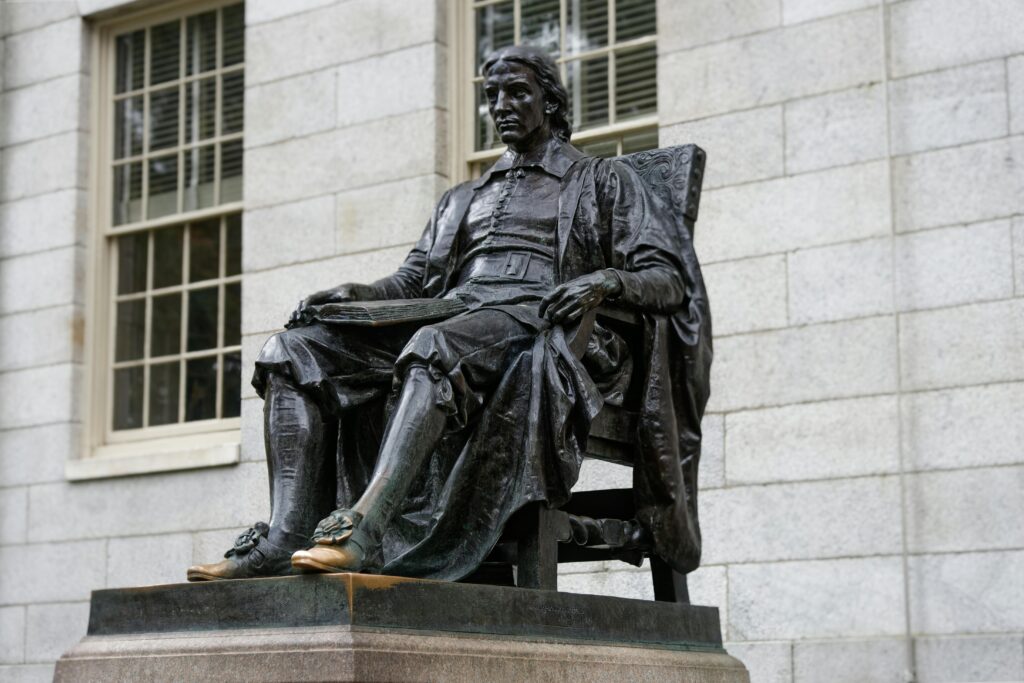The U.S. Department of Homeland Security (DHS) has revoked Harvard University’s authorization under the Student and Exchange Visitor Program (SEVP), barring the university from admitting new international students. The announcement came Thursday and impacts around 6,800 foreign students currently enrolled at Harvard, who now face transfer demands or risk losing legal residency in the United States.
DHS Cites Misconduct and Foreign Influence Concerns
DHS Secretary Kristi Noem accused Harvard of tolerating antisemitism and campus unrest, as well as maintaining improper connections with the Chinese Communist Party. Noem emphasized the government’s duty to safeguard national security, saying, “Welcoming international students is a responsibility, not a guarantee. We will not allow institutions to enrich themselves at the expense of national security and core democratic values.”
Harvard has denied the accusations, labeling them politically motivated and without merit. The university plans to challenge the DHS decision through legal channels, calling the move retaliatory and unlawful.
Federal Government and Harvard in Ongoing Conflict
This recent action intensifies a long-standing conflict between the federal government and elite universities like Harvard. Tensions have centered on issues such as admissions policies, diversity initiatives, and institutional autonomy. Previously, the government froze or reduced major funding to Harvard, prompting university President Alan Garber to announce a voluntary pay cut amid financial pressure.
Impact on International Students and Harvard’s Finances
International students represent about 27% of Harvard’s student body, a significant increase from around 20% in 2010. These students contribute substantially to university revenue through higher tuition fees, making SEVP certification vital for Harvard’s financial health and global standing.
Following DHS demands in April for documents related to alleged illegal activities involving foreign students, Harvard missed a compliance deadline. This prompted the Department of Homeland Security to enforce sanctions that now jeopardize the university’s position as a top global academic institution.
The immediate future for affected students is uncertain as they seek alternatives to maintain their U.S. residency. Harvard faces a challenge to its reputation and revenue streams while navigating the legal battle ahead.


